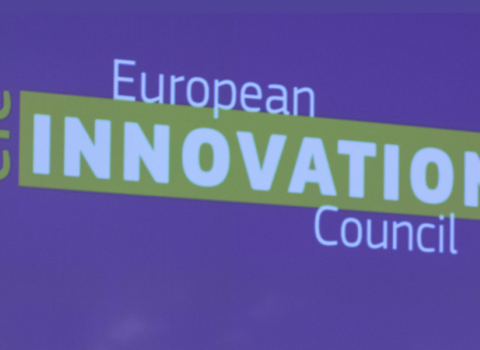The universe of intellectual property is structured around a number of recurring themes. I might be useful to provide a quick update on three of those themes, all discussed in earlier blogs: the conflict between big pharma companies and Less-Developing Countries (LDC) concerning HIV/AIDS drugs; the evolution of the open-source software; and the increasing braziness of IP ‘trolls” and “vampires,” seeking to exploit the deep pockets of major IT players.
HIV/AIDS drugs
The country in the forefront of this conflict has long been Thailand. A few weeks ago, it looked like the pharma companies, in particular GSK, were getting the upper hand, taking advantage of the diminished credibility of military regime which now rules Thailand to get the US government to refer the country to the WTO for the non-respect of IP laws.
Then the situation changed dramatically, following what appeared to be a choreographed two-step movement.
First, Brazil announced on 4 May a deal with two Indian companies for the supply of HIV/AIDS drug, based on Merck patent. This deal bypassed the patent, through issuance of a compulsory licence, a procedure authorised by the WTO in case of abusive pricing.
Second, ex-President Clinton announced on 10 May, as part of his Global Initiative, an ambitious programme amounting to more than $100 million to fund the Brazil, Thailand and other countries undertaking similar approaches.
Clinton’s involvement is giving those approaches a quasi-official endorsement (despite the fact that some of countries involved, such as India, rule out granting patents to foreign pharma companies and even threaten compulsory licensing) and is therefore likely to trigger a flood of concessionary HIV/AIDS drug deals. Already, GSK has announced it will sign a deal with Brazil, reducing the price of its Abacavir by close to 30 per cent.
The billion-dollar question is whether this flood will remain confined to HIV/AIDS or would extend to medicines for other illnesses.
Open source software
The big news about open source software is the speed with which it has been moving to the IT mainstream. In desktop software, Microsoft and Novell, one of the two leading providers of Linux services, signed an agreement with Dell to distribute Linux OS as part of Dell’s offering. In web services, as Wired magazine put it, “Big Guns Jump on Open-Source Bandwagon for New Web Apps.” Those big guns include Sun Microcomputers, Adobe and Microsoft.
Sun and Adobe are releasing free-source versions of their flagship products, Java Fx Script for Sun and Flash for Adobe. Microsoft is more cautious and is releasing an open source version of a new product, seen as a Flash-killer, Silverlight.
Those are not just PR efforts. The mainstream companies are trying to play catch-up with leading developers, which have adopted open-source tools such as Ajax.
Yet this apparently irresistible progress of open source raises a question about the change in its underlying philosophy. Widespread adoption means that some of the more idealistic goals of the open source movement may have been pushed into the background.
The strategies employed by Sun, Microsoft and Adobe are actually pulling the open-source community closer to proprietary software. Yet mixed developments do not work as well as those built on the cooperative pure open-source model.
A business concern is that the mainstream players adopt a free-rider strategy to “build proprietary gardens on open source soil, selectively giving back, and making a mint in the process”. Google is seen as an example of a company using such strategy very successfully. Open source supporters argue that its greater use shifts the competitive advantage from code to service. But they tend to overlook the fact that mainstream players are in good position to develop a wide array of services.
Trolls and vampires
You have to hand it to the IP trolls and vampires, who try to make living by ambushing big IT players: their ingenuity knows no bounds.
Take a recent case of a California outfit, Media Right Technology (MRT). MRT accuses big companies such Apple, Microsoft, Adobe and Real Networks of not using its proprietary software. The argument is that under the US Digital Millenium Copyright Act, companies have an obligation to use digital rights management (DRM) to prevent unauthorised use and copyright violations.
MRT sent letters to the companies generously giving them ten days to implement the MRT DRM solution. If this is not done, MRT threatens filing lawsuits for $200 billion.
As brazen as the MRT approach may look, it is not entirely irrational. The chances of MRT being taken seriously are very low, but in the current IP legal environment, they are not zero, which may prompt one of the companies to seek a settlement with MRT.




 A unique international forum for public research organisations and companies to connect their external engagement with strategic interests around their R&D system.
A unique international forum for public research organisations and companies to connect their external engagement with strategic interests around their R&D system.